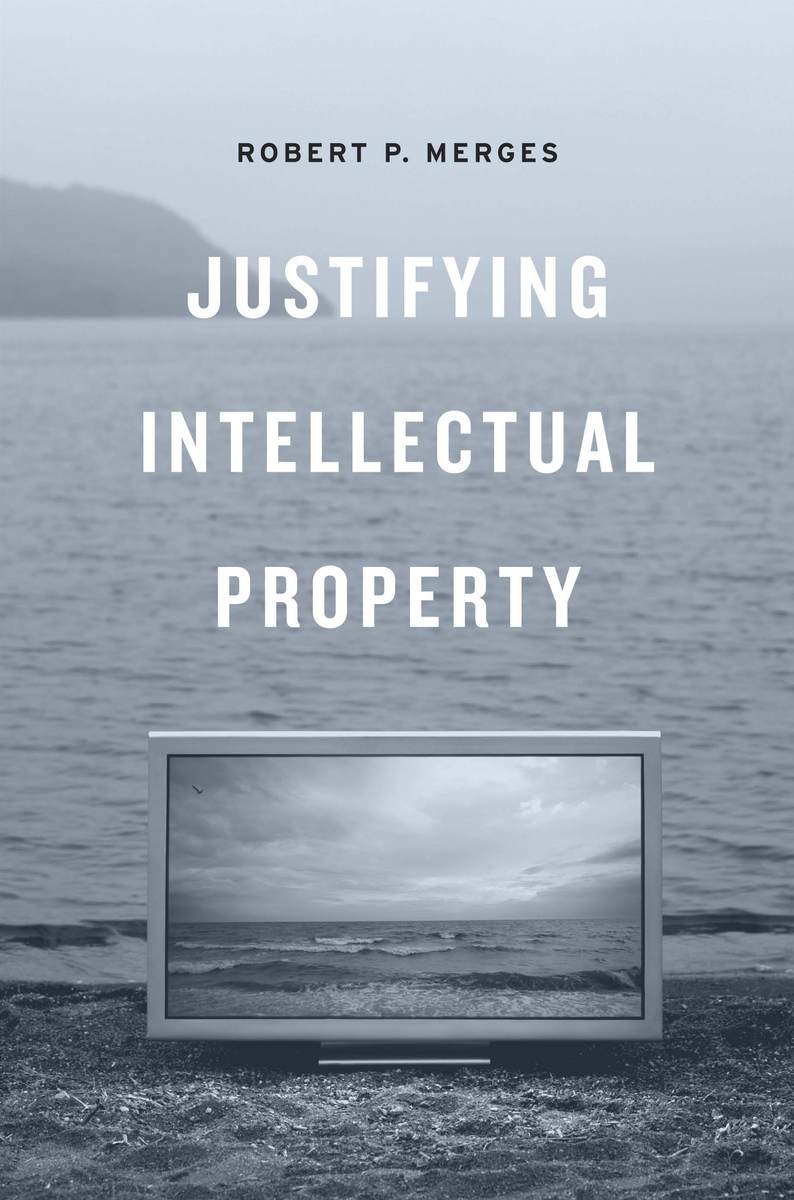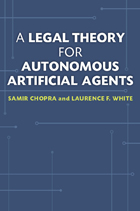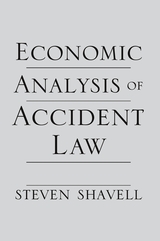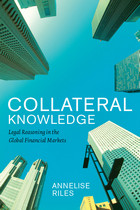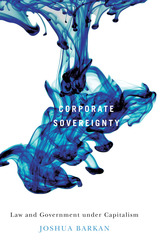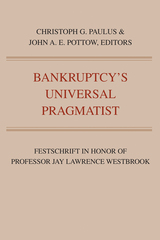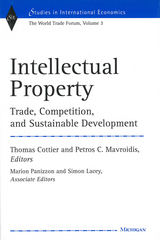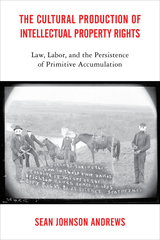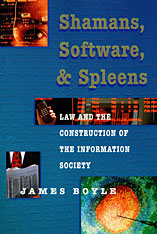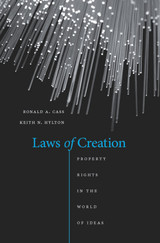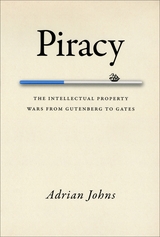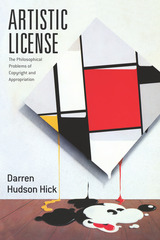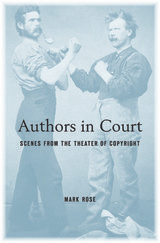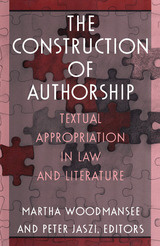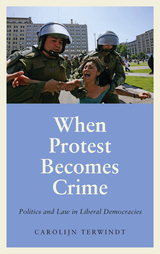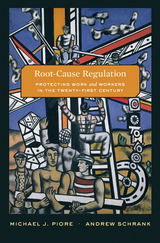eISBN: 978-0-674-06112-5 | Cloth: 978-0-674-04948-2
Library of Congress Classification K1401.M475 2011
Dewey Decimal Classification 346.048
Why should a property interest exist in an intangible item? In recent years, arguments over intellectual property have often divided proponents—who emphasize the importance of providing incentives for producers of creative works— from skeptics who emphasize the need for free and open access to knowledge.
In a wide-ranging and ambitious analysis, Robert P. Merges establishes a sophisticated rationale for the most vital form of modern property: IP rights. His insightful new book answers the many critics who contend that these rights are inefficient, unfair, and theoretically incoherent. But Merges’ vigorous defense of IP is also a call for appropriate legal constraints and boundaries: IP rights are real, but they come with real limits.
Drawing on Kant, Locke, and Rawls as well as contemporary scholars, Merges crafts an original theory to explain why IP rights make sense as a reward for effort and as a way to encourage individuals to strive. He also provides a novel explanation of why awarding IP rights to creative people is fair for everyone else in society, by contributing to a just distribution of resources. Merges argues convincingly that IP rights are based on a solid ethical foundation, and—when subject to fair limits—these rights are an indispensable part of a well-functioning society.
See other books on: Ethics & Moral Philosophy | Intellectual property | Law | Legal History | Property
See other titles from Harvard University Press
